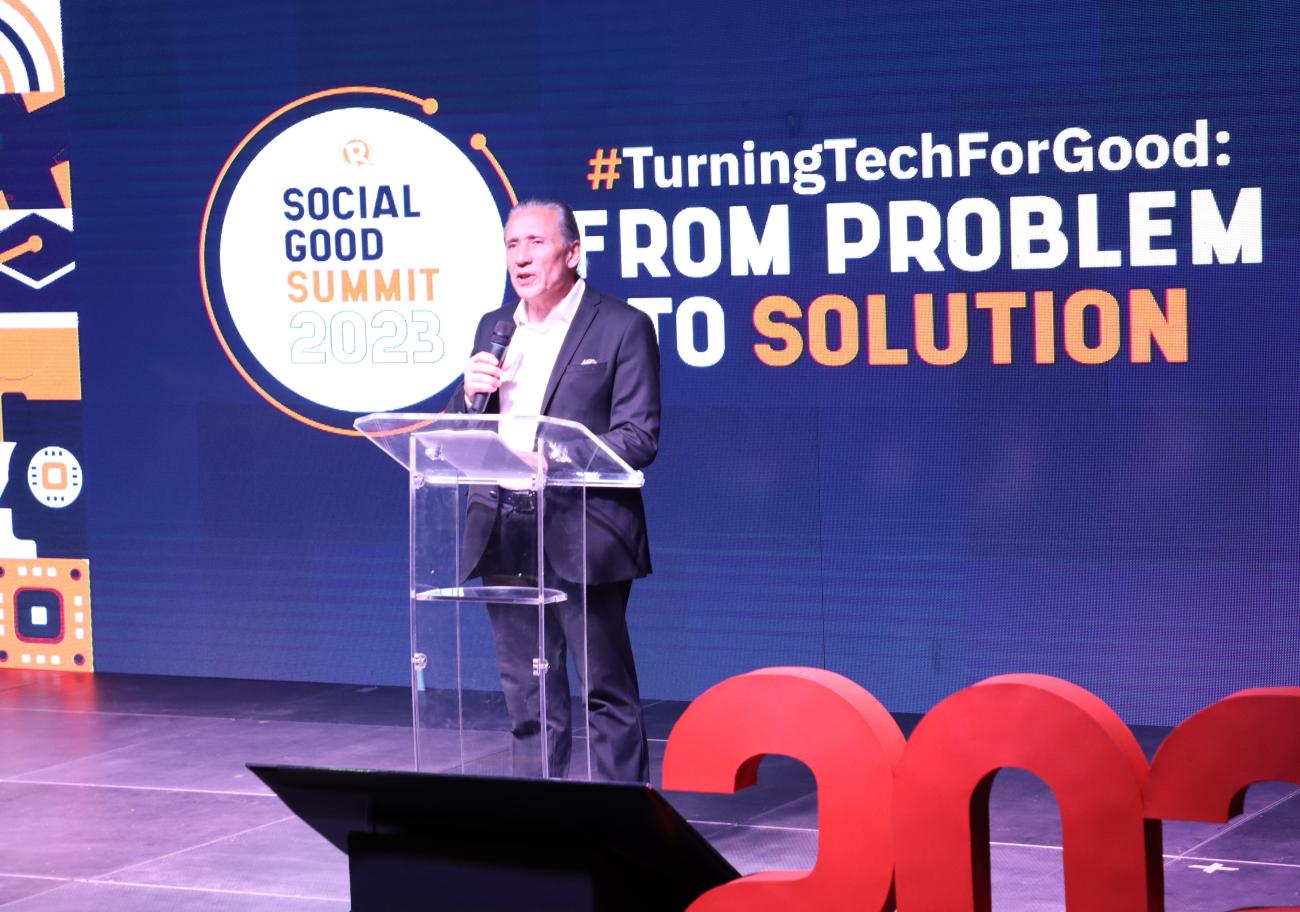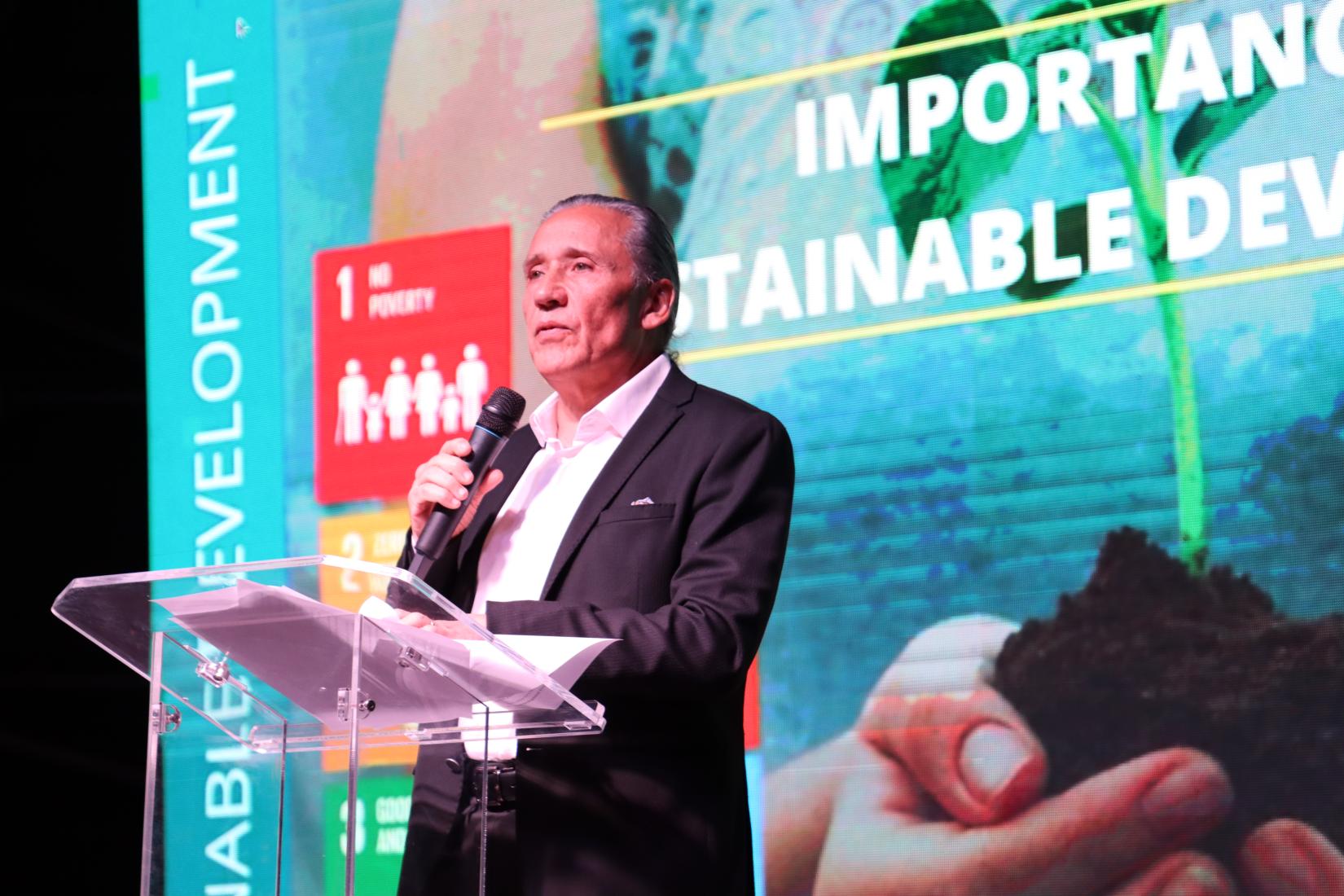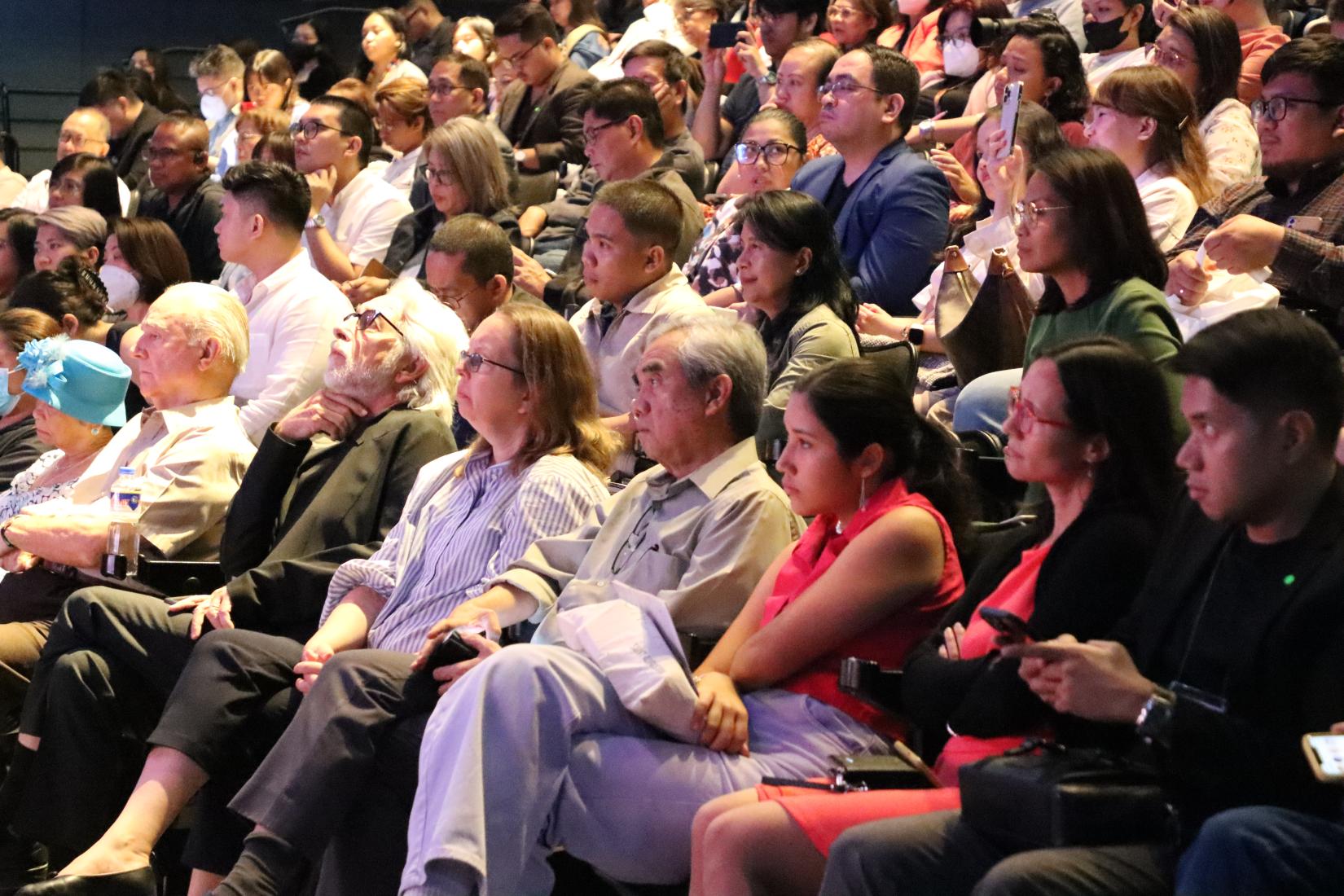UN Philippines chief calls for putting human rights at the heart of AI governance

Mr. Gustavo Gonzalez said that without the right approach to AI regulation, the world might witness the emergence of a new inequality based on AI
MANILA, 22 September 2022--Speaking at the opening of the 2023 Manila Social Good Summit last 16 September, United Nations (UN) Resident Coordinator in the Philippines Gustavo Gonzalez said that Artificial Intelligence (AI) is already having a significant impact on the work of the UN, namely on Peace and Security, Development and Human Rights.
At the same time, Gonzalez cited the prevailing digital divide in many parts of the world--where as many as 2.7 billion people have no access to the internet. On top of this, a data and AI divide is emerging.
"AI could end up creating a new inequality," said Gonzalez.
He added, "We need to ask ourselves: Are we going to end up with a small number of companies building powerful AI applications, while the rest merely contribute data and pay for content and services created by those applications? In a world where the wealth of the top 1% has grown exponentially, would the rich get richer and the powerful more powerful?"
"We need to ask ourselves: Are we going to end up with a small number of companies building powerful AI applications, while the rest merely contribute data and pay for content and services created by those applications? In a world where the wealth of the top 1% has grown exponentially, would the rich get richer and the powerful more powerful?"--Gustavo Gonzalez
Gonzalez advocated for AI regulation that embeds human rights in AI's entire lifecycle.
"In this approach, From beginning to end, human rights principles are included from beginning to end, starting from the collection and selection of data; as well as in the design, development, deployment and use of the resulting models, tools and services," he explained.
"Human rights principles must be embedded in AI's lifecycle from beginning to end, starting from the collection and selection of data; as well as in the design, development, deployment and use of the resulting models, tools and services."--Gustavo Gonzalez

The UN Secretary-General has welcomed calls by experts and Member States for the creation of a new UN entity to support collective efforts to govern this extraordinary technology, inspired by previous models such as the International Atomic Energy Agency, the International Civil Aviation Organization, or the Intergovernmental Panel on Climate Change.
Such an entity could gather knowledge and expertise and put it at the disposal of Member States and the international community. It could support collaboration on the research of AI tools to accelerate sustainable development.

As a first step, the Secretary-General is convening a multi-stakeholder High-Level Advisory Body for Artificial Intelligence that will report back on options for global AI governance by the end of the year.
This is a unique opportunity for experts from governments, the private sector, civil society, the technology sector, and academia to come together to create a global scientific consensus on the opportunities and risks of AI, and provide guidance to the international community on how best to govern it for the benefit of all humanity.
Already, some elements of this governance framework are emerging around data protection, risk-based assessments of AI algorithms and the responsible use of AI systems. Data must be accurate, representative and gathered justly. Algorithms must be tested for safety and must not discriminate. AI must be used for good and not subverted for nefarious goals.
Gonzalez emphasized that this AI governance requires the emergence of "a new generation of human rights activists." A human rights based approach to AI must be collaboratively agreed and crafted, and not simply be discussed in selected forums. [Ends]

















